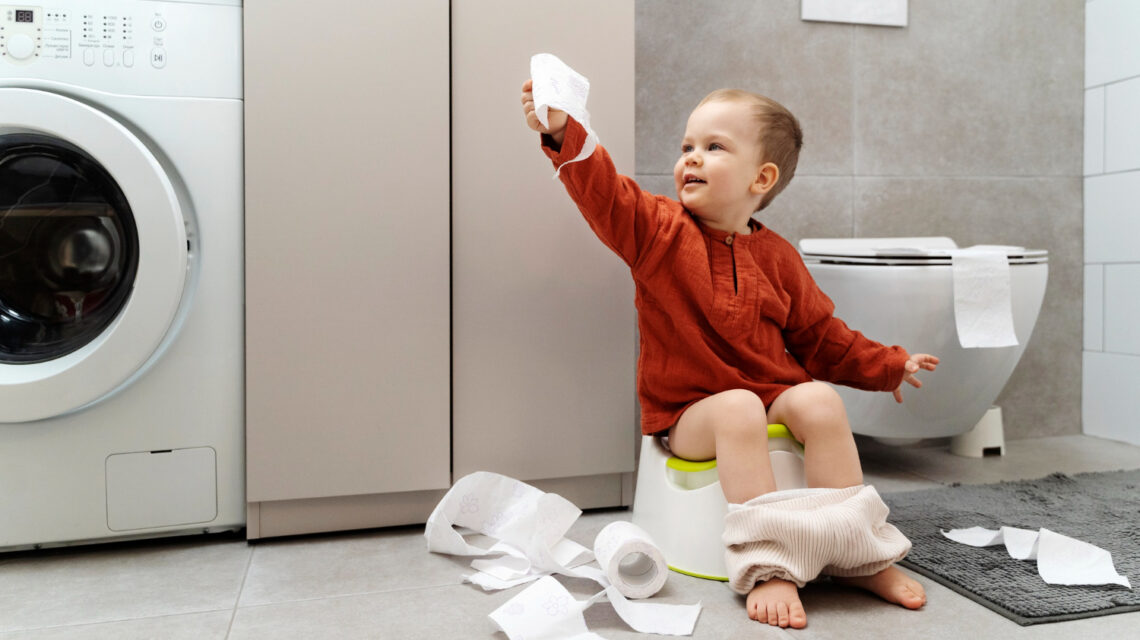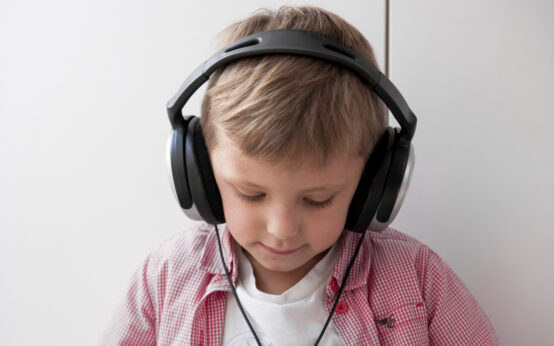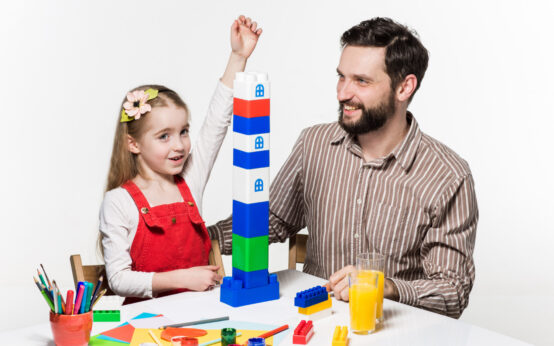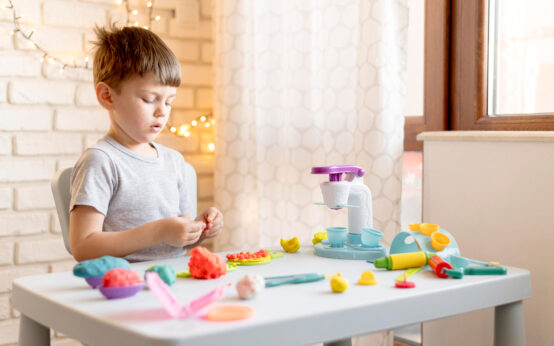Introduction
Beginning the process of toilet training for children with autism can be both exciting and somewhat intimidating. The path to achieving a toilet-trained child may seem lengthy, stressful, and at times, discouraging. Nonetheless, the rewards are significant, promising an enhanced quality of life for your child and, hopefully, for you as well. Successfully toilet training your child opens doors to various opportunities that may have seemed out of reach, such as school entry, peer acceptance, participation in camps, or even gaining admission to supported living facilities.
It’s important to note that it’s never too late to begin toilet training. While the challenges may increase with age due to learning history, it’s crucial to understand that it’s not an impossible feat. Autism and other developmental disabilities should not be perceived as insurmountable barriers; in fact, overcoming them may be less challenging than anticipated.
Toilet training for children with autism requires a tailored approach, and choosing the appropriate method(s) while devising a comprehensive plan is a pivotal step. Options span from structured sitting times to the Rapid Toilet Training (RTT) technique developed by Azrin and Foxx in 1971. Seeking guidance from professionals with Applied Behavior Analysis (ABA) training, such as a behavior consultant or a Board Certified Behavior Analyst, can prove beneficial.
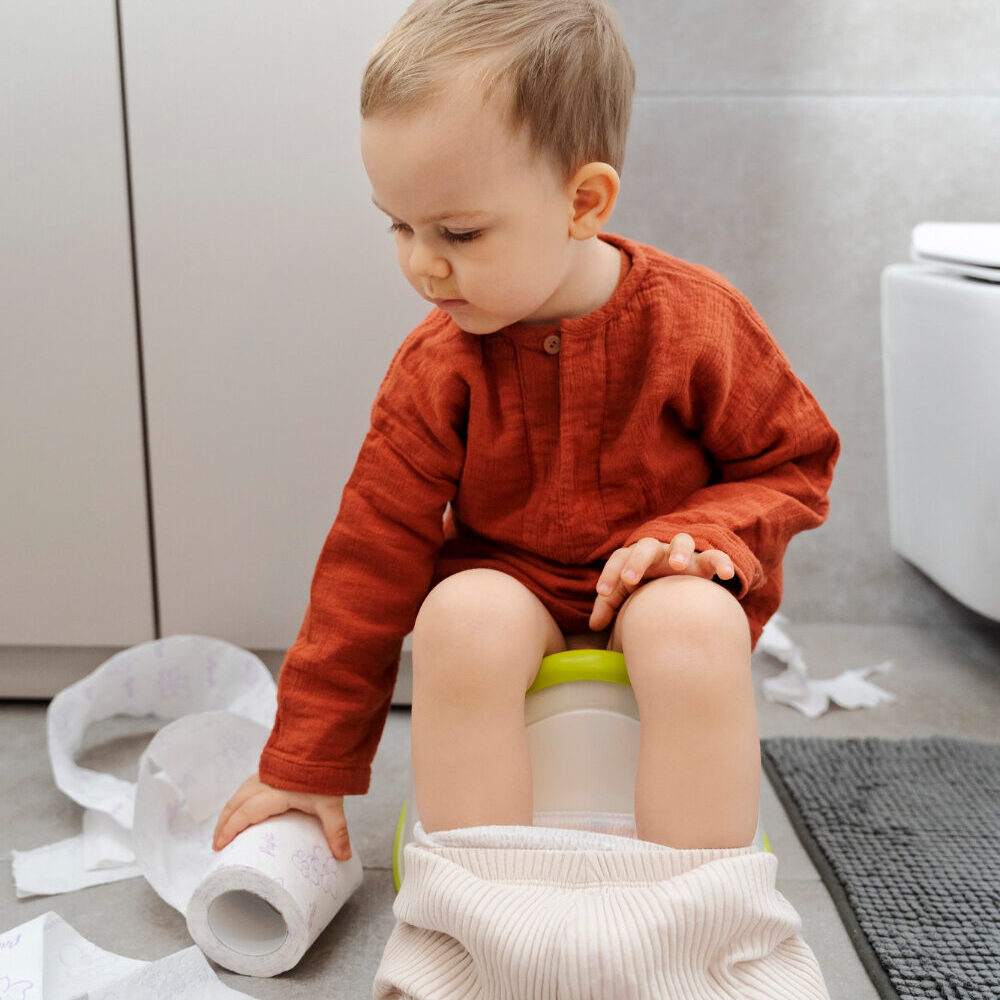
Empowering little minds on the spectrum, toilet training for children with autism is a journey of patience and understanding, where each small step is a triumph, and every milestone is a testament to the extraordinary resilience and growth within.
Rachel Evans
Regardless of the chosen procedure, the following checklist will guide you in commencing the toilet training process:
Designate a Toilet Training Space
Decide where the training will take place – whether in a specific bathroom at home or using a portable child’s potty.
Assign Responsibility
Determine the expert trainer in the toilet training process. Specify whether you will primarily handle the training or if you will seek help from family, friends, or other children.
Set Start Date and Duration
Choose when the training will commence and allocate sufficient time (several hours per day). Optimal periods for initiation include extended breaks from school or long weeks, although these should not be rigid rules.
Collect Motivational Rewards
Assemble various rewards exclusively designated for toilet training. These incentives should be highly motivating and reserved solely for this purpose, providing a range of choices to keep the child engaged.
Bid Farewell to Diapers
Implement a crucial step by discontinuing the use of diapers or pull-ups (with exceptions for sleeping times and potential travel situations).
Gather Necessary Supplies
Ensure you have essential supplies such as cleaning wipes, paper towels, a timer (on a phone or kitchen timer), several pairs of underwear, spare clothing, and additional items like data sheets to track progress, engaging activities for the child during sessions, and reward charts for tracking progress.
By following this comprehensive guide, you can navigate the toilet training for children with autism with confidence, making it a positive and successful experience for both you and your child with autism.
Source
- Azrin, N. H., & Foxx, R. M. (1971). A rapid method of toilet training the institutionalized retarded. Journal of Applied Behavior Analysis, 4(2), 89-99. DOI: 10.1901/jaba.1971.4-89
- Azrin, N. H., & Foxx, R. M. (1974). Toilet training in less than a day. Simon and Schuster.
